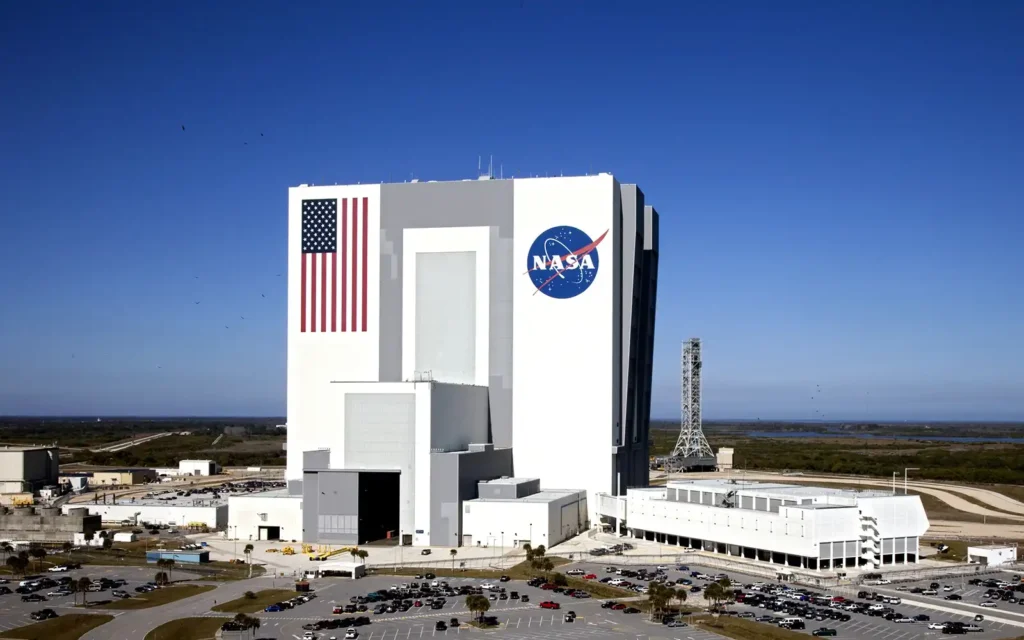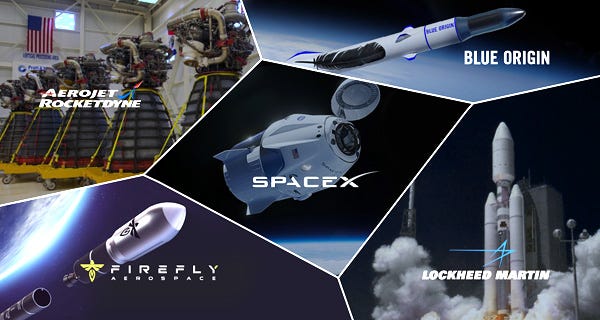The Early Beginnings of Space in Houston
The influence of the space industry on Houston’s economy and culture can be traced back to the 1960s when the National Aeronautics and Space Administration (NASA) established the Johnson Space Center (JSC). Houston, often called “Space City” quickly became a central hub for the U.S. space program. The presence of NASA transformed the city from an oil-driven economy into a diversified metropolis focusing on aerospace technology.
NASA’s Johnson Space Center not only became the command center for space missions like the iconic Apollo moon landings but also cemented Houston’s identity as the leader in space exploration. The famous phrase, “Houston, we have a problem”, captured the world’s attention and forever linked the city to the space race.
Economic Impact of the Space Industry on Houston
The Job Market
The establishment of NASA in Houston created thousands of high-paying jobs, both directly and indirectly. Engineering, technology, manufacturing, and various service industries grew alongside NASA. Over the years, Houston has remained a critical player in space-related careers, attracting aerospace engineers, physicists, and scientists from around the globe. The city also witnessed a boom in educational programs tailored to the space industry, leading to the development of highly skilled workers.
The economic contribution of NASA’s operations remains significant to this day. NASA’s contractors and local businesses continue to thrive, benefiting from government investments and partnerships in research and development.

The Rise of the Private Space Sector
Companies Leading Innovation
In recent years, the private space industry has begun to play a pivotal role in Houston’s economic landscape. With the rise of companies like SpaceX, Blue Origin, and others, Houston is no longer just a government-dominated space city but a growing hub for commercial space activities.
These private companies contribute to the economy by creating new jobs, increasing demand for space-related services, and driving technological advancements in the aerospace sector. Space tourism and satellite manufacturing are on the rise, further boosting the city’s economy.
Additionally, collaborations between NASA and private companies like SpaceX have created more opportunities for Houston to shine as the nation’s leading space hub. The increased presence of private companies is reshaping the space sector and fostering innovation in fields like reusable rocket technology and sustainable space exploration.

Space Industry’s Cultural Influence on Houston
Space City Identity
The cultural impact of the space industry on Houston cannot be understated. Houston’s identity is intrinsically linked to space exploration, with the city’s nickname, “Space City”, reflecting its deep-rooted connection to NASA and space missions. This identity influences everything from architecture and tourism to Houston’s overall cultural landscape.
For instance, Houston annually hosts the SpaceCom Conference, where global leaders in space exploration and technology convene to discuss future possibilities. This event draws international attention, positioning the city as a space innovation hub.

Space Tourism and the Future of Houston’s Space Industry
As private companies push the boundaries of space exploration, space tourism has emerged as a new frontier. Companies like Blue Origin are working on commercial flights that will make space accessible to civilians. Houston, already home to NASA’s astronaut training facilities, will play a key role in developing infrastructure and services that support space tourism.
In the coming decades, space tourism is expected to contribute even more to Houston’s economy, bringing in tourists, creating new jobs, and sparking additional interest in space-related activities.

Challenges Facing Houston’s Space Industry
While Houston continues to lead in the space sector, it faces several challenges. Federal funding cuts to NASA have put pressure on government space initiatives. Additionally, the private sector’s reliance on rapid innovation demands a constant influx of talent, research, and resources. To maintain its leadership in the space industry, Houston must continue investing in education and technological development to stay ahead in the competitive global space race.
The Future of Space in Houston
Houston’s space industry shows no signs of slowing down. With plans for future missions to the moon and Mars, the city’s role in space exploration is expected to grow even further. Collaborations between NASA and private companies will continue to shape Houston’s economy and culture for years to come.
As space exploration expands into new territories – such as mining asteroids for resources or building colonies on distant planets – Houston will remain at the forefront of these groundbreaking efforts.